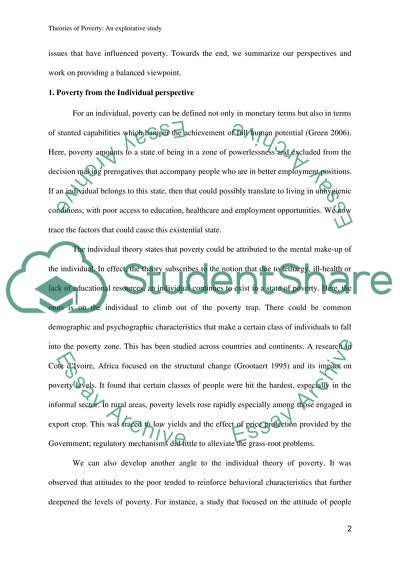Cite this document
(The Individual and Cultural Origins of Poverty Term Paper, n.d.)
The Individual and Cultural Origins of Poverty Term Paper. Retrieved from https://studentshare.org/sociology/1578986-define-and-discuss-two-different-theories-of-poverty
The Individual and Cultural Origins of Poverty Term Paper. Retrieved from https://studentshare.org/sociology/1578986-define-and-discuss-two-different-theories-of-poverty
(The Individual and Cultural Origins of Poverty Term Paper)
The Individual and Cultural Origins of Poverty Term Paper. https://studentshare.org/sociology/1578986-define-and-discuss-two-different-theories-of-poverty.
The Individual and Cultural Origins of Poverty Term Paper. https://studentshare.org/sociology/1578986-define-and-discuss-two-different-theories-of-poverty.
“The Individual and Cultural Origins of Poverty Term Paper”. https://studentshare.org/sociology/1578986-define-and-discuss-two-different-theories-of-poverty.


